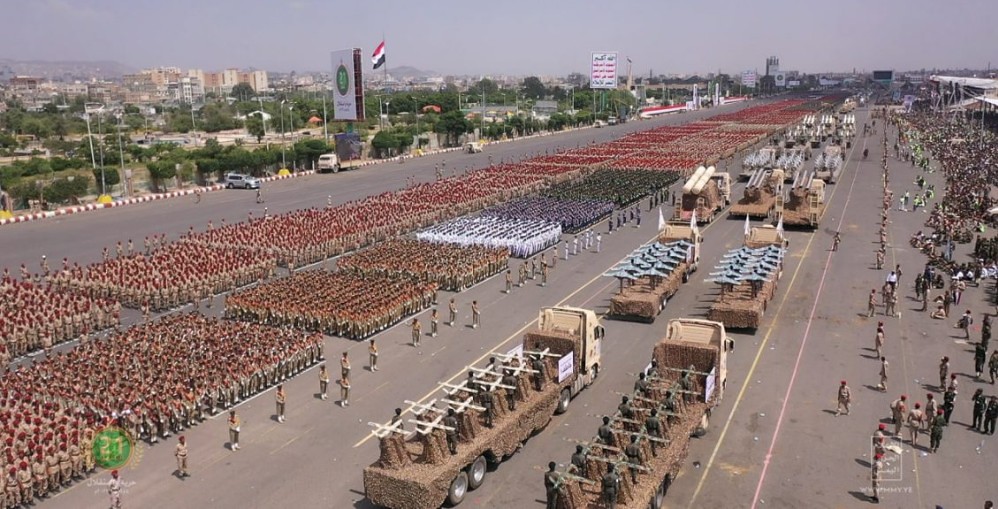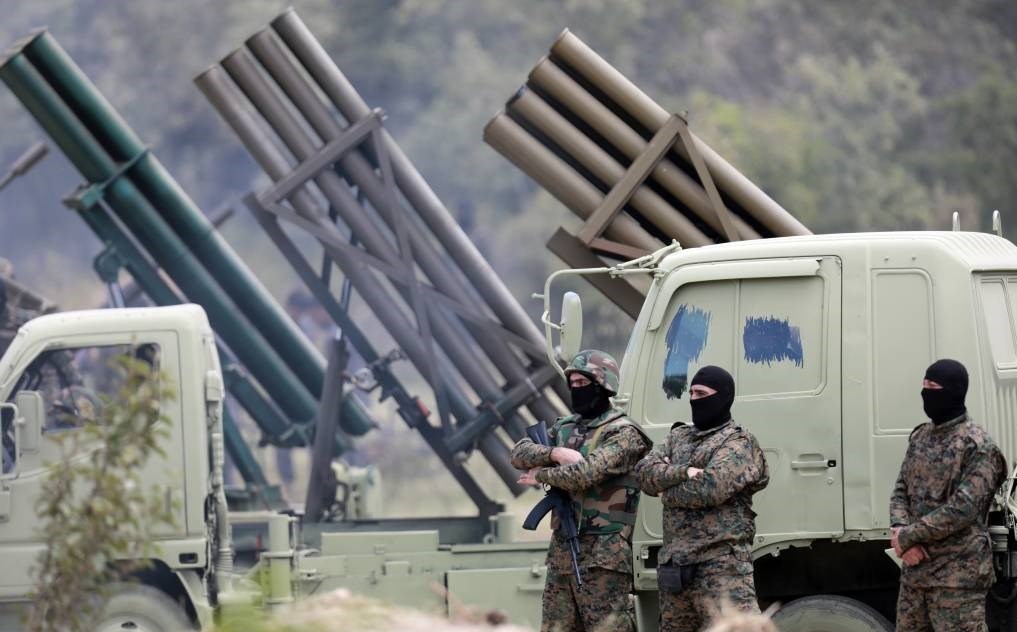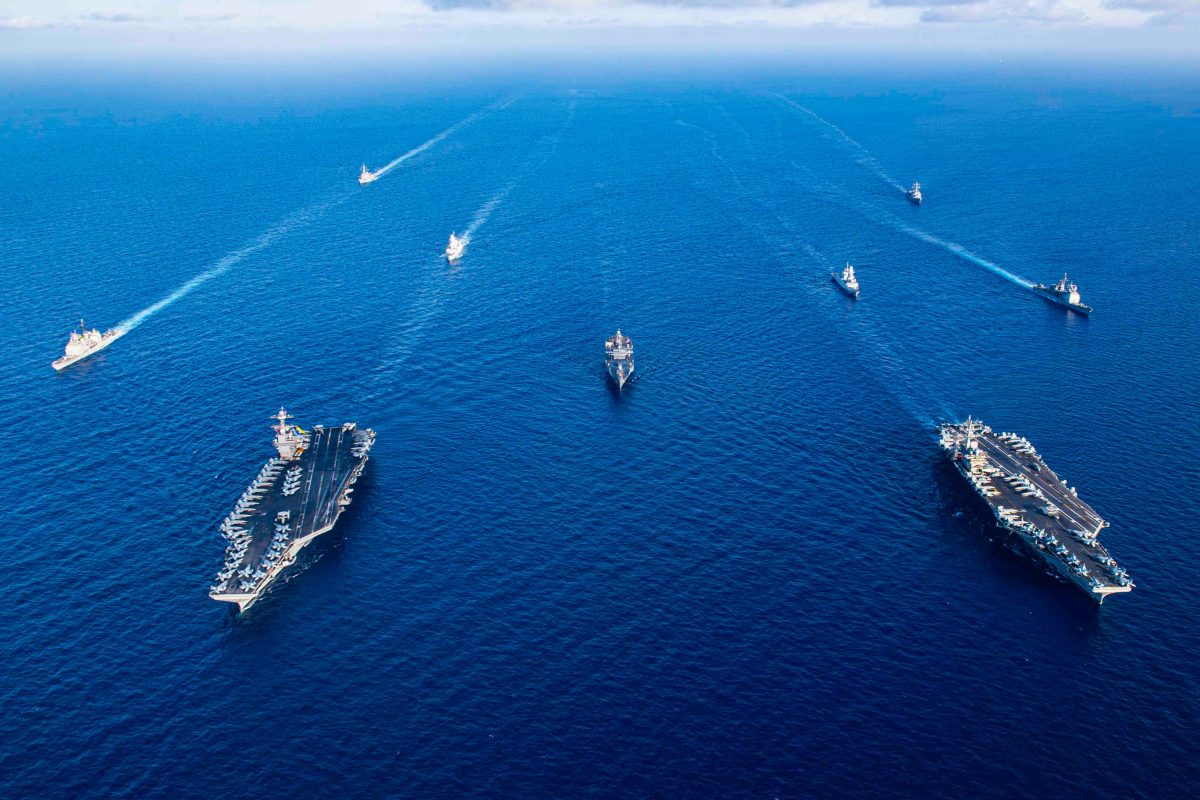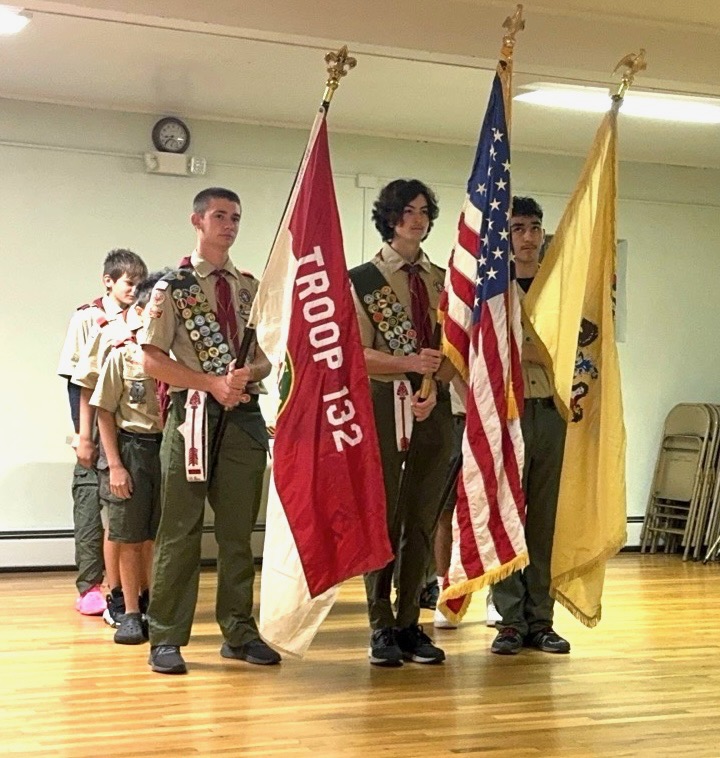The Israel-Hamas War has been seeing an unprecedented expansion via the recent actions of the Houthi movement. With recent threats from Hezbollah, the war could expand further and spillover into the wider Levant area, which includes Israel, Jordan, Lebanon, and Syria as a whole.
The war between Israel and Hamas that started back in October has seen a massive level of involvement from those in both the Western world, who lean to support Israel, and various armed groups in the middle east who support Hamas.
The conflict is the largest the region has seen in almost a decade, and it has recently grown even further with the involvement of the Houthis movement, or Ansar Allah, who have begun to stop the passage of free trade in the Red Sea. These actions have prompted the United States and several of its allies to begin targeting the Houthis.
However, it seems that now the Houthis movement could be a considerably smaller threat as the Lebanese based group Hezbollah has made recent threats to Israel, with Hezbollah intervention seeming even more likely after the killing of a senior Hezbollah leader in Beirut. Blame has been pinned on Israel for the bombing, which may further expand the conflict.
The Houthis Movement

To understand the Houthis movement one must know the history of the Zaydi Shiites. According to Brookings, the Houthis are Zaydis, a minority sect of Shiites, most of whom are Twelvers (the name comes from the 12 Imams who were the religious leaders of Shiites).
The Zaydis trace their movement to Zayd bin Ali who rebelled against the Umayyad Caliphate in 740 AD, becoming a martyr for those who followed him as an example of a pure caliph fighting against corruption. The idea of fighting against corruption is one of the centerpieces of Houthi beliefs, at least on the surface. The Zaydis would soon establish themselves in the rugged north of Yemen and regularly fought for control of Yemen over the course of its history, fighting against groups such as the Ottoman Empire and the Wahhabis in the Arabian Peninsula throughout the 18th and 19th century. Following the collapse of the Ottoman Empire in 1918, a Zaydi monarchy took over Yemen becoming known as Mutawakkilite Kingdom of Yemen.
The monarchy would last until 1962 when a group of army officers inspired by the Egyptian Revolution would overthrow the monarchy, establishing an Arab nationalist government in the capital of Sana’a, supported by Egypt and the Soviet Union. The monarchy, which was supported by both Saudi Arabia and Israel secretly, retreated to the north, fighting a civil war against the government in Sana’a. The civil war would end with the nationalist government winning in 1967, then following a series of military coups, the general Ali Abdullah Saleh would become leader of Yemen in 1978 and remain in office until 2012. The Houthis would form in the 1990s as a resistance to Saleh’s corruption led by Hussein al-Houthi.
2003 would be a major year for the Houthis as the U.S. invasion of Iraq would radicalize the movement with it changing its name to Ansar Allah or “The Supporters of God” as well as seeing the birth of their slogan “God is great, death to the US, death to Israel, curse the Jews, and victory to Islam.” The group would also be inspired by Hezbollah in expelling the Israeli presence in Lebanon.
After 2003, Saleh would launch a series of military campaigns to destroy the Houthis, killing al-Houthi in 2004. However, the movement would still survive and even successfully resist the Yemeni military. Following the beginning of the Arab Spring government protests in 2011, the Houthis would join the national uprising against Saleh seeing him forced from power and replaced by the sunni Abdrabbuh Mansour Hadi.
Hadi’s ascension to the presidency was controversial amongst many Yemenis who saw him as a Saudi puppet. This opinion was shared by the Houthis, who then started to conspire with the deposed Saleh against Hadi, with Saleh taking the capital Sana’a in 2015 with the assistance of the Yemeni army which was still mostly loyal to Saleh kickstarting the Yemeni Civil War.
The Houthis quickly gained Iran’s support and aid as they began taking most of western Yemen. Saudi Arabia, along with several Gulf states, would soon intervene in support of Hadi’s government, beginning Operation Decisive Storm, instituting a naval blockade of Yemen. This blockade caused a humanitarian disaster for Yemen as the areas suffering from the blockade have been without food or clean water, which has furthered their loyalty to the Houthis.
As November 2023, the Houthis have begun to target Red Sea ships, not allowing the passing of free trade with them hijacking commercial ships with the assistance of drones and missiles as well as Houthis firing drones and rockets at Israel. This has caused a U.S led coalition to begin thwarting Houthi attacks on ships, as well as beginning airstrikes on Houthi targets, on January 11 and January 22, 2024 with the assistance of the United Kingdom.
The History of the Hezbollah

By Tasnim News Agency (CC BY 4.0)
Hezbollah or “Party of God” was founded in 1982 following Israel’s invasion of Lebanon, according to the Council of Foreign Relations. Lebanon at this point in time was locked in a brutal civil war that began in 1975 due to long standing tensions between the various religious communities in the country. The civil war saw fighting between the government forces allied with the United States, Christian militias allied with Israel, and Muslim militias. Israel’s interest in this conflict stemmed from the fact that the Palestinian Liberation Organization (PLO) operated in Lebanon using it as a base to launch attacks on Israel.
In 1982, Israel would invade southern Lebanon supposedly to establish a “security zone,” protecting northern Israel from rocket attacks by the PLO and eventually laying siege to Beirut. When Israel invaded, a group of Shiites inspired by Iran’s theocratic government took up arms against the Israeli occupation. Seeing an opportunity to gain a new ally, Iran and its Revolutionary Guard began providing funds and training to the militia, now known as the Hezbollah.
Hezbollah gained a reputation for its extremist militancy fighting and attacks on foreign targets, such as in 1983 when two extremist launched a suicide bombing attack on the United States barracks in Beirut, killing 307 in total.
In 1990 the civil war came to an end with the Taif Agreement, allowing more equal representation in government and calling for the disarming of all militias in Lebanon. Hezbollah, however, has maintained its armed wing under the guise of being a “defender of Lebanon against Israeli aggression,” as reported by the National Counterterrorism Center. Hezbollah, through its alliance with Iran and Syria, would have its militia be transformed into a highly effective and large military force. The group is now the most heavily armed non-state actor, maintaining a force of 20,000 active duty militia and about 25,000 reserves, as well as being armed with a wide assortment of tanks, rockets, artillery, small arms, and drones.
Along with its military arm, Hezbollah has maintained a political influence in Lebanon since the Taif Agreement, being described by the Council of Foreign Relations as almost “a state within a state.” The organization is governed by Hassan Nassrallah who took over following the Israeli assassination of the previous leader Abbas Al – Mussawi. Nasrallah oversees the seven member Shura Council and its five sub-councils: the political assembly, the jihad assembly, the parliamentary assembly, the executive assembly, and the judicial assembly.
Hezbollah receives the majority of its funding from Iran and to a lesser extent Syria, as well as getting funding from legal business, international crime, and the Lebanese diaspora.
In recent times, Hezbollah has seen its support amongst the Lebanese people diminish as the group became the target of mass protests in 2019 over government mismanagement and slow economic growth, with many wanting to see the government and Hezbollah cede power to different leadership.
Additionally, the extremist group has engaged in border conflicts with the Israel Defense Forces (IDF), with threats of further involvement in the Israel-Hamas War increasing following the death of several Hezbollah members in a bombing in Beirut which Hezbollah claims was orchestrated by the Israeli government.









